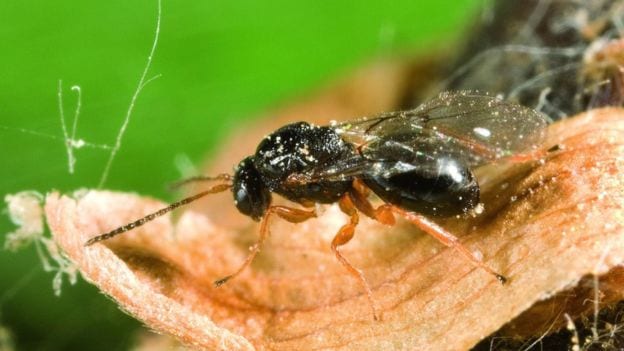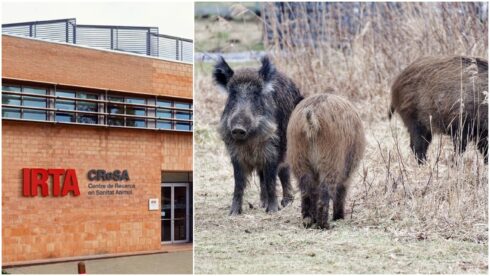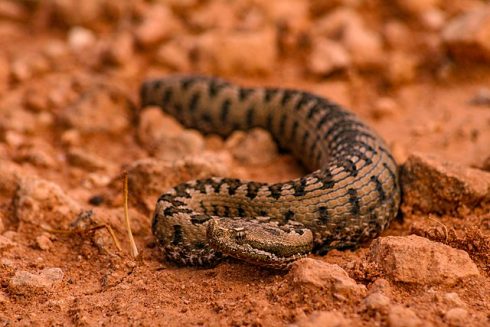
SWEET chestnut harvests in Andalucia have been decimated by insects from the Far East this Christmas.
The chestnut gall wasp from China is thought to be responsible for plunges in the crop’s production of up to 30% in places.
The tiny Asian creature is accused of wreaking economic and environmental havoc in Ronda’s Genal Valley, where chestnuts bring in €10 million annually.
Government scientists are now even considering introducing another invasive species in the region to stem the threat posed by the eastern critters.
“It is all the fault of a small wasp,” chestnut farmer Julio Ruiz said to the BBC.
“You can’t tell there’s anything wrong until the damage has been done.”
Known as an avispilla in Spain, the parasitic wasp (Dryoscomus kuriphillus katsumatsu) has been responsible for the deaths of many trees in the area.

Malaga laboratories run by the Junta de Andalucia’s agriculture and fisheries investigation unit are currently studying a solution.
The Torimus sinensis, also from China, is the avispilla’s natural predator and has been successfully deployed to control wasp populations in Italy, Japan and North America.
However, Juan-Ramon Boyero Gallardo, the scientist exploring the solution to the avispilla outbreak is cautious about the introduction of its predator.
“The problem of introducing a further exotic species such as Torimus sinensis is that it can invade the natural woodland, attack indigenous species, displace others and alter the overall biodiversity,” he said to the BBC.
Preventing the destruction of chestnut trees is vital to keep supplying the crop, which is an ingredient increasingly found on vegan tables, as well as being a Christmas staple food.
Click here to read more News from The Olive Press.








